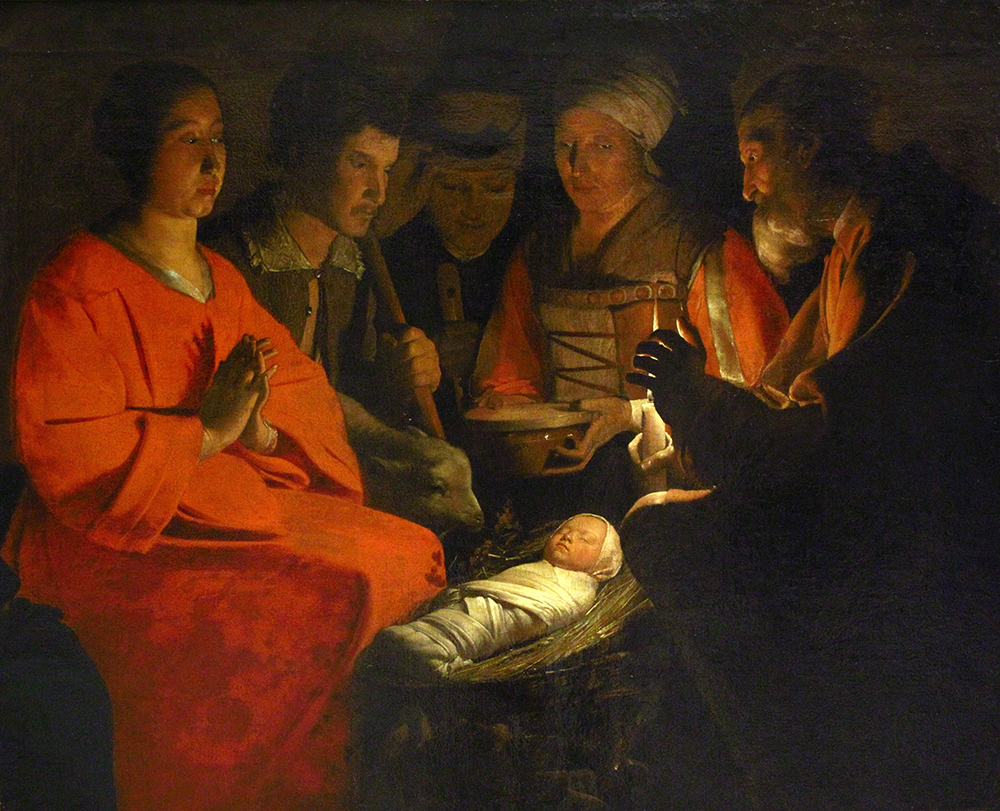Let the peace of Christ rule in your hearts, to which indeed you were called in the one body. And be thankful. Let the word of Christ dwell in you richly; teach and admonish one another in all wisdom; and with gratitude in your hearts sing psalms, hymns, and spiritual songs to God. And whatever you do, in word or deed, do everything in the name of the Lord Jesus, giving thanks to God the Father through him.
(Col. 3: 15-17)
Gratitude plays a central role in the lives of those who choose to follow Jesus as his disciples. Paul, writing to new Christians in Colossae (modern-day Turkey), notes that cultivating gratefulness is essential if one wishes to live a life transformed, redeemed, and blessed by Jesus Christ. Being thankful draws us closer to God and makes it possible for the peace of Christ to find a home in our hearts.
Being thankful is not hard, but it does take a bit of intentionality and determination. In our current context, it’s easy to embrace negativity. There’s plenty of it to go around on the news and social media. Like a bad cold, negative emotional energy can be transmitted from one person to another, and that negativity can lead persons ever deeper into self-isolating, protective stances rooted in the primitive human psyche. Such a response to life can lead to dysfunction and illness of mind, body, and spirit.
Yet, we can take action which will increase our resistance to society’s malaise and confer numerous benefits as well. Recent research indicates that gratitude decreases anxiety, depression, and aggression, increases physical health, and improves the quality of sleep, the number and quality of relationships, mental strength, and self-esteem. Gratitude begins when we choose to look for the positive, affirmative, beautiful, or life-giving stimuli in the world around us and then pause to offer thanks to God and contemplate these blessings.
I often envision gratitude – and the resultant expression of generosity – as the opening of a hand, with the palm facing upwards in an expression of release and thanksgiving. A clenched fist can hold onto what one already has, but it cannot be filled to overflowing with further blessing. When we approach life with gratitude and respond with generosity, then with the psalmist we can say: “my cup overflows. Surely goodness and mercy shall follow me all the days of my life, and I shall dwell in the house of the Lord my whole life long.”



